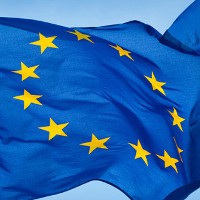“Ironically there are a number of non-compliant products that have increased in value due to their obsolescence and the continued need in certain markets for this product,” said Greg Nicol, group purchasing director at distributor Abacus.
According to one manufacturer, they have already seen examples of component suppliers which have run down production of parts which contain lead despite there still be a legitimate demand in the market for non-compliant parts. “In the worse cases we have found stocks of some leaded parts running out, and product inevitably going on allocation,” said the purchasing manager for a UK-based CEM.
“Without exception every semiconductor supplier is converting product lines to lead-free processes, it is not an issue, once converted you are only supplying lead-free parts,” said a spokesman for STMicroelectronics prior to the RoHS deadline in July.
Although the bulk of the semiconductor market has shifted smoothly to no-leaded parts, there is also evidence that continuing demand for leaded components is being fuelled by some parts of the market which seems slow to switch designs to non-leaded components.
There is also a concern amongst some firms about the different levels of policing of the new RoHS rules in different European countries.
“Despite RoHS being a European Directive we know that the enforcement bodies in each EU country take a different view on any due-diligence being a valid form of defence,” said a spokesman for Azzurri Technology.
This is particularly important for UK-based distributors which import products into the EU via the UK before selling them in other markets such as Germany and France.
“In the UK a more common sense approach is taken, in that if you’d make reasonable effort to check your facts and obtain supporting data, this generally stands you in good stead in the event of any inspection,” said the spokesman.
“But other countries have the view that if you’re found not to be compliant, no matter what precautions you have taken, non-compliance means non-compliance,” added the spokesman.
 Electronics Weekly
Electronics Weekly
